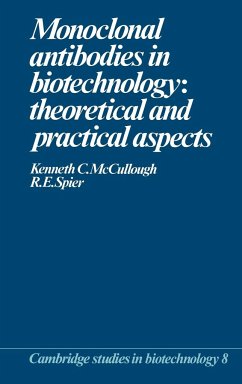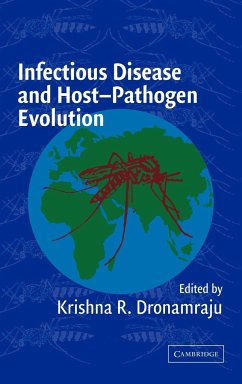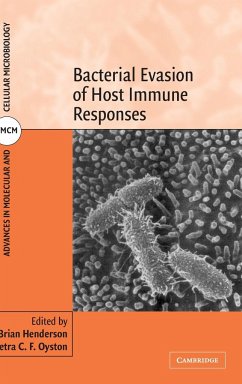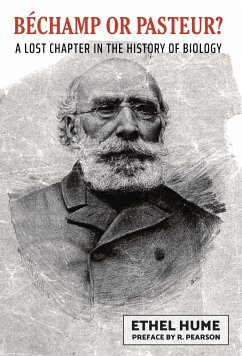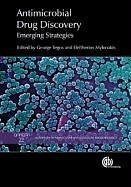
The Influence of Cooperative Bacteria on Animal Host Biology
Versandkostenfrei!
Versandfertig in 1-2 Wochen
171,99 €
inkl. MwSt.

PAYBACK Punkte
86 °P sammeln!
Ninety percent of the cells in the human body are bacteria, and humans may be host to many thousands of different species of bacteria. These striking statistics are part of a new paradigm in microbiology in which bacteria are no longer viewed as disease-causing killers but more as lifelong partners which are often essential for the survival of their host. This book brings together a group of diverse scientists - evolutionary biologists, immunologists, molecular biologists, microbiologists, pathologists and mathematicians - to discuss the evolution and mechanisms of bacteria-host interactions a...
Ninety percent of the cells in the human body are bacteria, and humans may be host to many thousands of different species of bacteria. These striking statistics are part of a new paradigm in microbiology in which bacteria are no longer viewed as disease-causing killers but more as lifelong partners which are often essential for the survival of their host. This book brings together a group of diverse scientists - evolutionary biologists, immunologists, molecular biologists, microbiologists, pathologists and mathematicians - to discuss the evolution and mechanisms of bacteria-host interactions at all levels of complexity. Chapters deal with the evolution of these interactions over the last 60 years (since the introduction of antibiotics) to a period of 3.8 billion years (since the evolution of single-celled life) and discuss bacterial interactions with multicellular life forms from coral reefs to humans. Researchers and graduate students across the life sciences will find this book of interest.





